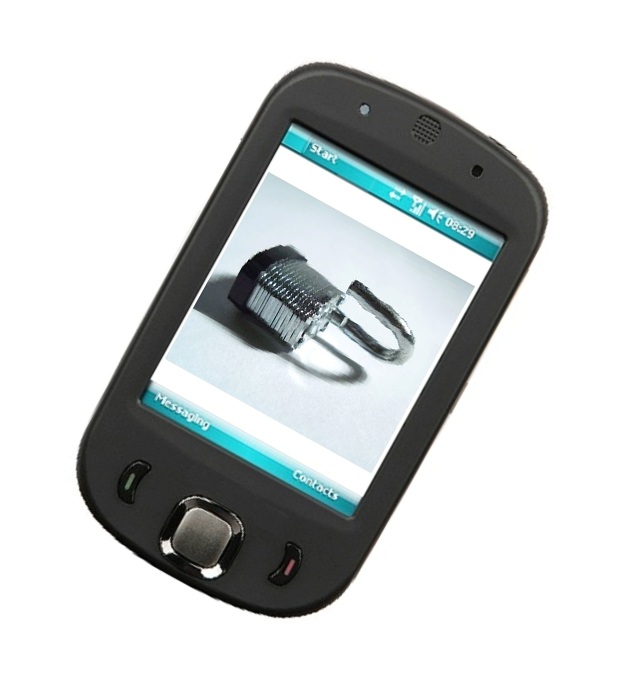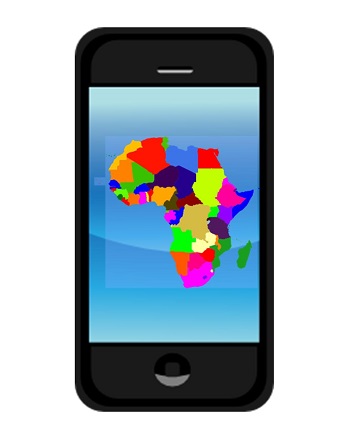Though m-commerce is still growing at a rapid rate, there are many who are holding off because they feel insecure.
According to a report that was recently issued by a leading global data erasure solutions and mobile device diagnostics firm called Blancco Technology Group, mobile security remains a barrier that is standing in the way of the willingness of many consumers to take part in shopping activities over their smartphones.
The study was based on the results of a survey in which 1,400 mobile users participated from four countries.
The research suggested that the low level of mobile security precautions that have been taken by smartphone users is not only placing their personal info at risk, but it has also made it possible for corporate data exposure. This places both forms of sensitive data at risk of cyber attack and theft. Even though both legislative authorities and consumers, themselves, have been demanding improved responsibility over data management and accountability by companies, 29 percent of the people who participated in the study confessed that they did not know when their personal info was being accessed over their mobile devices without their specific consent.
This suggests that consumers are in the dark about their own mobile security but want companies to look after it.
 According to Blancco Technology Group IT security consultant, Paul Henry, “There is no excuse for not knowing what is happening with your data – be it personal information on a user’s smartphone or tablet, or company files and intellectual property on those same mobile devices.”
According to Blancco Technology Group IT security consultant, Paul Henry, “There is no excuse for not knowing what is happening with your data – be it personal information on a user’s smartphone or tablet, or company files and intellectual property on those same mobile devices.”
The research results also underscore the issue being faced by businesses as they attempt to create products and services in order to enhance the customer experience. At the same time that they want to produce highly personalized and relevant experiences for their shoppers, they are still faced with the challenge of having to keep that customer data secure against the attempts from cyber thieves to capture it.
Among the survey respondents, one in three stated that they felt somewhat confident about their security of their mobile devices, but at the same time, they didn’t feel safe enough to use their smartphones for shopping. Another 23 percent named mobile security as a barrier to linking their credit cards to mobile apps such as shopping applications and digital wallets.

 While smartphone penetration is on the rise in many African countries, the majority of mobile consumers have conventional, low-end devices. MFS Africa has developed a platform that these consumers can use, ensuring the mobile commerce is not solely the domain of those with smartphones and other high-tech gadgets. The firm has allowed some 55 million people in 17 African countries to connect to one another. Approximately 15% of its users are considered active, making two or more mobile payments every month.
While smartphone penetration is on the rise in many African countries, the majority of mobile consumers have conventional, low-end devices. MFS Africa has developed a platform that these consumers can use, ensuring the mobile commerce is not solely the domain of those with smartphones and other high-tech gadgets. The firm has allowed some 55 million people in 17 African countries to connect to one another. Approximately 15% of its users are considered active, making two or more mobile payments every month.